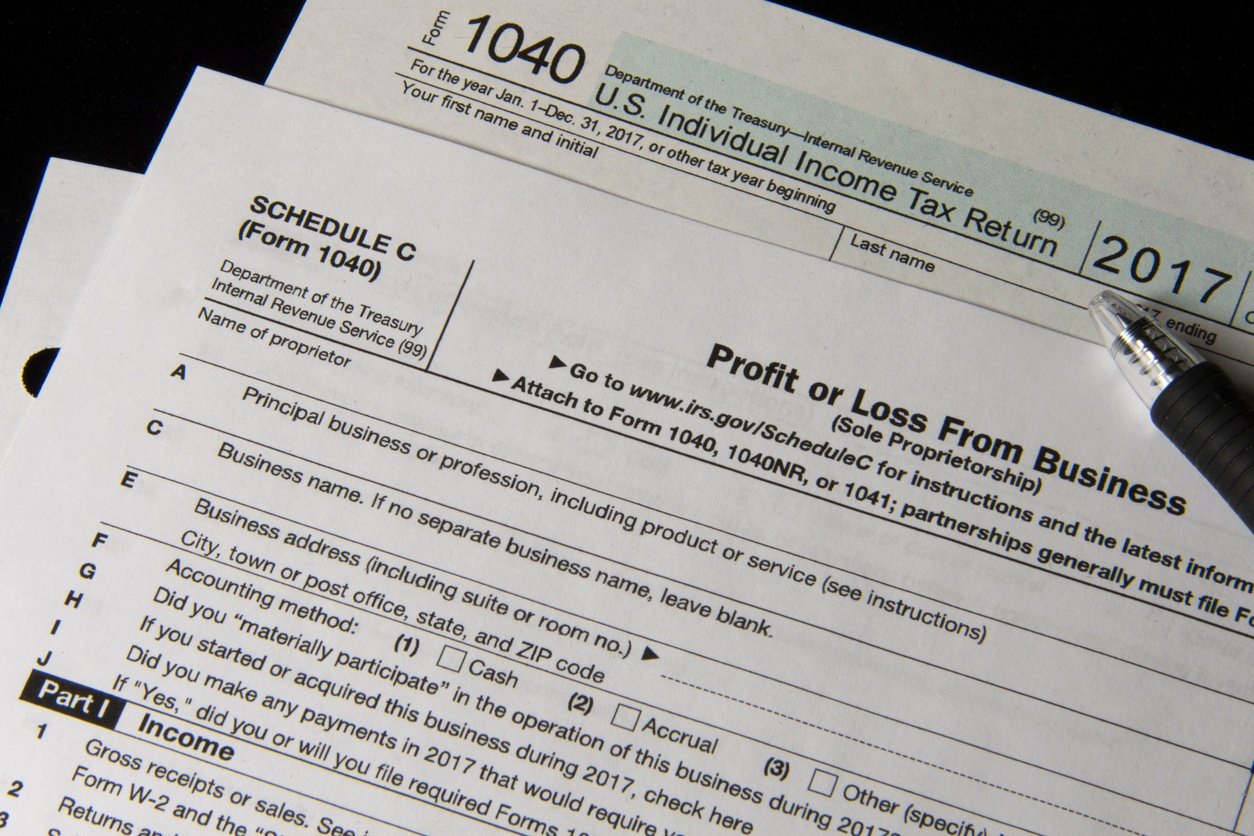One of the big changes for last tax season was the implementation of the 199A deduction, also known as the pass-through deduction. This provision is designed to help alleviate the tax burden for a variety of small business owners by allowing them to deduct up to 20% of qualified business income. Let’s take a quick look at what the pass-through deduction is, how it works, and potential complications with the new law.
What is the 199A Deduction?
Starting on January 1st, 2018, taxpayers with income from pass-through businesses—sole proprietorships, S corporations, partnerships (except publicly traded partnerships), and some rental activities—will be able to deduct up to 20% of their qualified business income (QBI) from their individual taxes. This new deduction was put into law by the Tax Cuts and Jobs Act of 2017, and is designed to help relieve the tax burden on small and medium-sized businesses who are not affected by lowering of the corporate tax rate from 35% to 21%.
How does the 199A Deduction Work?
For taxpayers with income from a qualified trade or business, the 199A deduction is calculated as the lesser of:
- 20% of the client’s QBI plus 20% of the client’s qualified real estate investment trust dividends and qualified publicly traded partnership income or
- 20% of the client’s ordinary taxable income minus net capital gains
Limitations to the 199A Deduction
Once a taxpayer’s taxable income exceeds a certain threshold—$157,500 for individuals and $315,000 for married filing jointly—a series of limitations kick in. Those limitations include:
- The type of businesses, services, or trades that are eligible for the deduction
- The amount W-2 wages paid by a qualified trade or business
- The unadjusted basis immediately after acquisition (UBIA) of qualified property held by the trade or business
If your client’s taxable income exceeds the relevant threshold, business income from any specified service, trade, or business (SSTB) enters a phase-out range and becomes ineligible for the deduction at $415,000 for married filing jointly or $217,500 for everyone else.
If the taxpayer’s taxable income is above the $315,000/$157,500 thresholds, the deduction may also be limited by the W-2 wages paid by the business and the unadjusted basis of certain property used by the business. These limitations are phased out based on the same income thresholds mentioned above. The phase-in ranges listed here are for tax year 2018 and will be adjusted for inflation for future tax years.
What Qualifies as QBI?
QBI, or qualified business income, is the net taxable income from a qualified business—with a few exceptions. Capital gains or losses, interest income, and dividend income are all excluded from QBI. Also, income generated outside the United States is excluded from QBI.
Who Isn't Eligible for the 199A Deduction?
Though most small business owners will qualify for the 199A deduction, there are some who will not. For instance, C corporations are not eligible for the deduction. Similarly, taxpayers with taxable income that exceeds the phase-in range of $415,000 for a married couple filing jointly, or $207,500 for all other taxpayers will not be able to take the deduction if their business falls under the list of specified services, trades, or businesses (SSTB). Those specified services, trades, and businesses are:
- Health
- Law
- Accounting
- Actuarial science
- Performing arts
- Consulting
- Athletics
- Financial services
- Investing and investment management
- Trading
- Any trade or business where the principal asset is the reputation or skill of one or more of its employees
As you can see, the 199A deduction is a fairly complicated piece of tax law, but one that will ultimately save most small business owners a great deal of money. Let us know in the comments about any tips you might have regarding the 199A deduction or to tell us about tricky situations you’ve seen while preparing your client’s taxes.
Want more info on the 199A deduction? Check out these two videos.







Get Our Latest Updates and News by Subscribing.
Join our email list for offers, and industry leading articles and content.